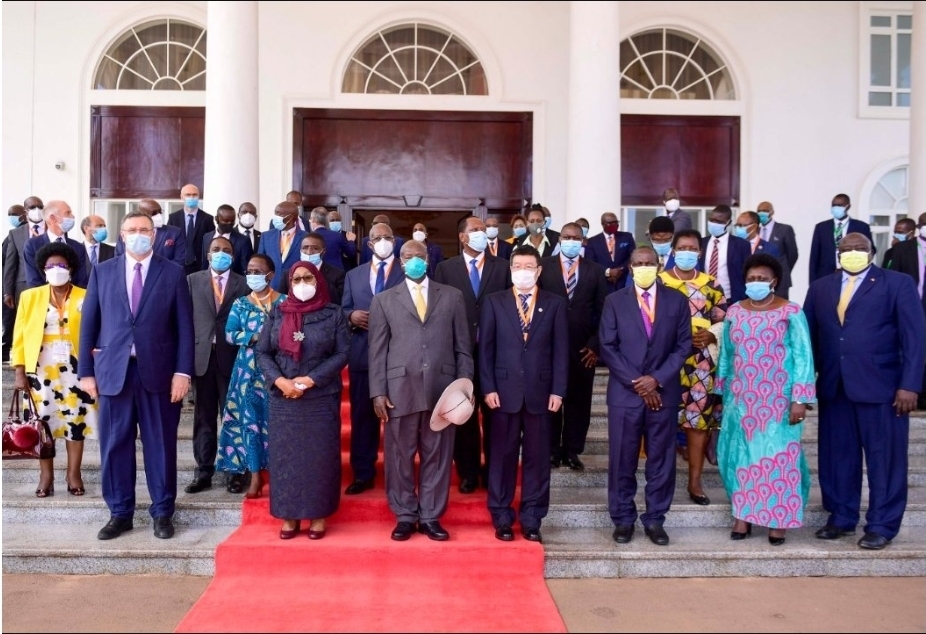
The signing of the Shareholder’s agreement of EACOP and the Tariff and Transportation Agreement by Uganda and Tanzania, resulted in a marked increase in inquiries across asset classes in Kampala.
The aforementioned agreements opened the way for the development of the Lake Albert development project in Q2 2021, hence increased inquiries on assets according to the Half Year 2021 real estate sector performance report by Knight Frank Uganda.
The assets whose demand increased, according to the report include office, residential and industrial spaces, largely driven by the oil and gas sector and private consultancy firms with space requirements in the range of 150 -1,500 square meters.
“Downsizing, merging and relocation to owner occupied premises was a major aspect that carried on in H1-2021. A return to relative normalcy in terms of inquiries which had been observed in Q2-2021 was affected by the 42- day national lockdown announced on 18th June 2021.”
According to preliminary statistics from the Uganda Bureau of Statistics (UBOS), GDP growth was recorded at 3.3% for FY 2020/21, largely due to the improvement in general economic activity and aggregate demand as a result of the ease of restrictions imposed in March 2020 due to the pandemic.
Despite turnover and footfall levels recording significant improvement in H1 2021 vs H1 2020, the general retail performance remained subdued as compared to the 2019 performance. The period under review saw subdued trade within the retail sector, as the world struggled to deal with the extended pandemic, stringent operating procedures to limit human to human transmissions, impacts on supply chains, dwindling consumer confidence and spending.
This was further exacerbated by the general election in Uganda which saw significant down time in general trade and internet services being disconnected, further impacting on the ability to trade.
The residential property sector performance registered increased activity in H1 2021. Initially, there was a slowdown in acquisition and lettings in the time leading up to the general elections, with expats choosing to leave the country until the electoral process was complete. An increasing number of expats returned, after the rollout of the COVID-19 vaccine, in their respective countries and the positive reception it received in various parts of the world.
H1 2021 registered an increase in demand for showroom and industrial spaces within the city center with most demand coming from sub sectors like furniture, agriculture-based firms, food and beverages and automotive affiliated companies.
According to the Knight Frank Uganda’s Head of Valuation and Advisory, “the COVID-19 pandemic impacted valuations in various ways, from inspection of property to availability of reliable comparable information. In view of this, it is prudent that we act in a transparent and professional manner. Any limitation on information or ability to investigate has to be made clear and reported. Where a valuation relies on information such as rental income, it is vital that such evidence be accurate and up to date because this has a bearing on the outcome of the valuation. Not to be overlooked is the importance of maintaining confidentiality of any data relied upon”.
